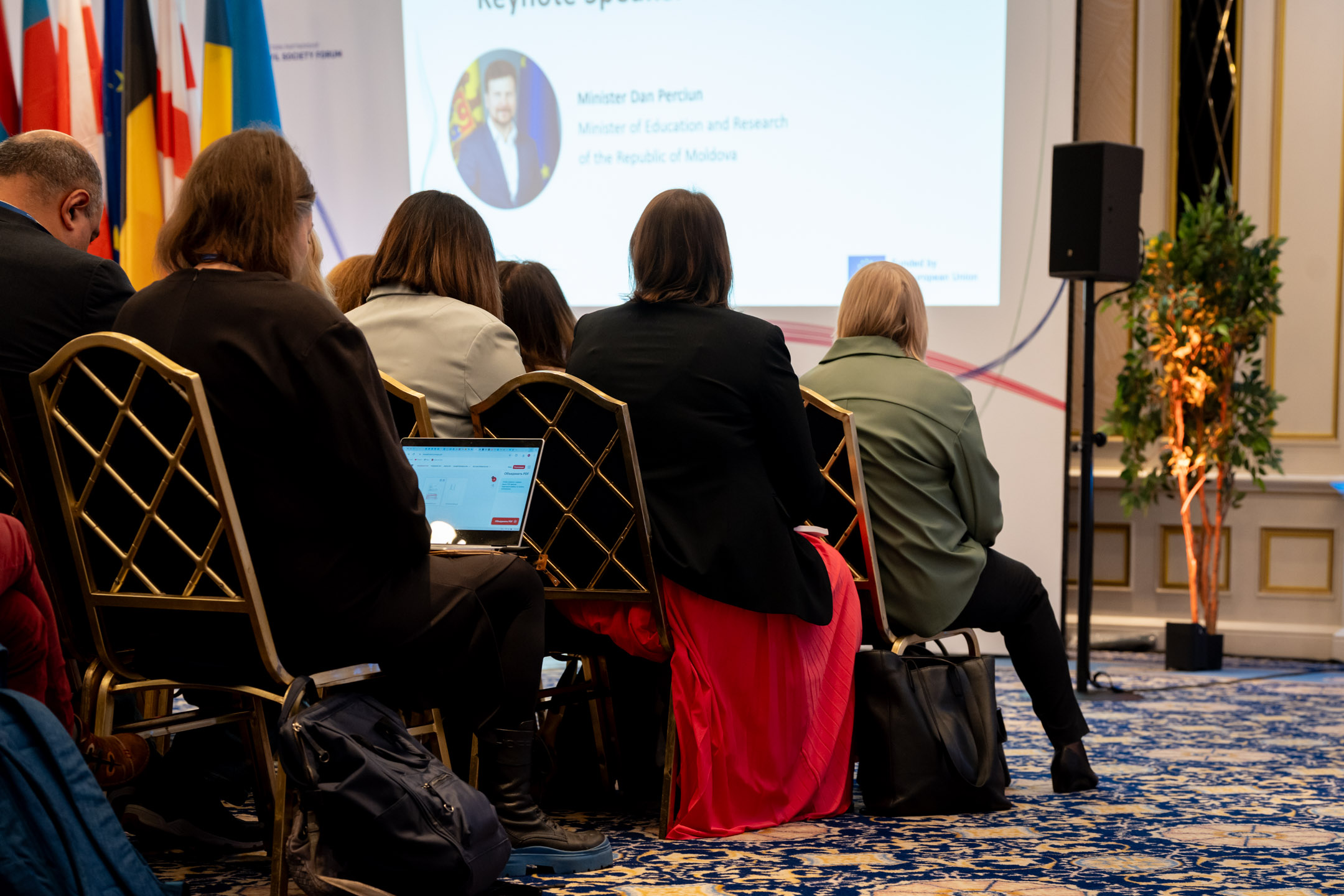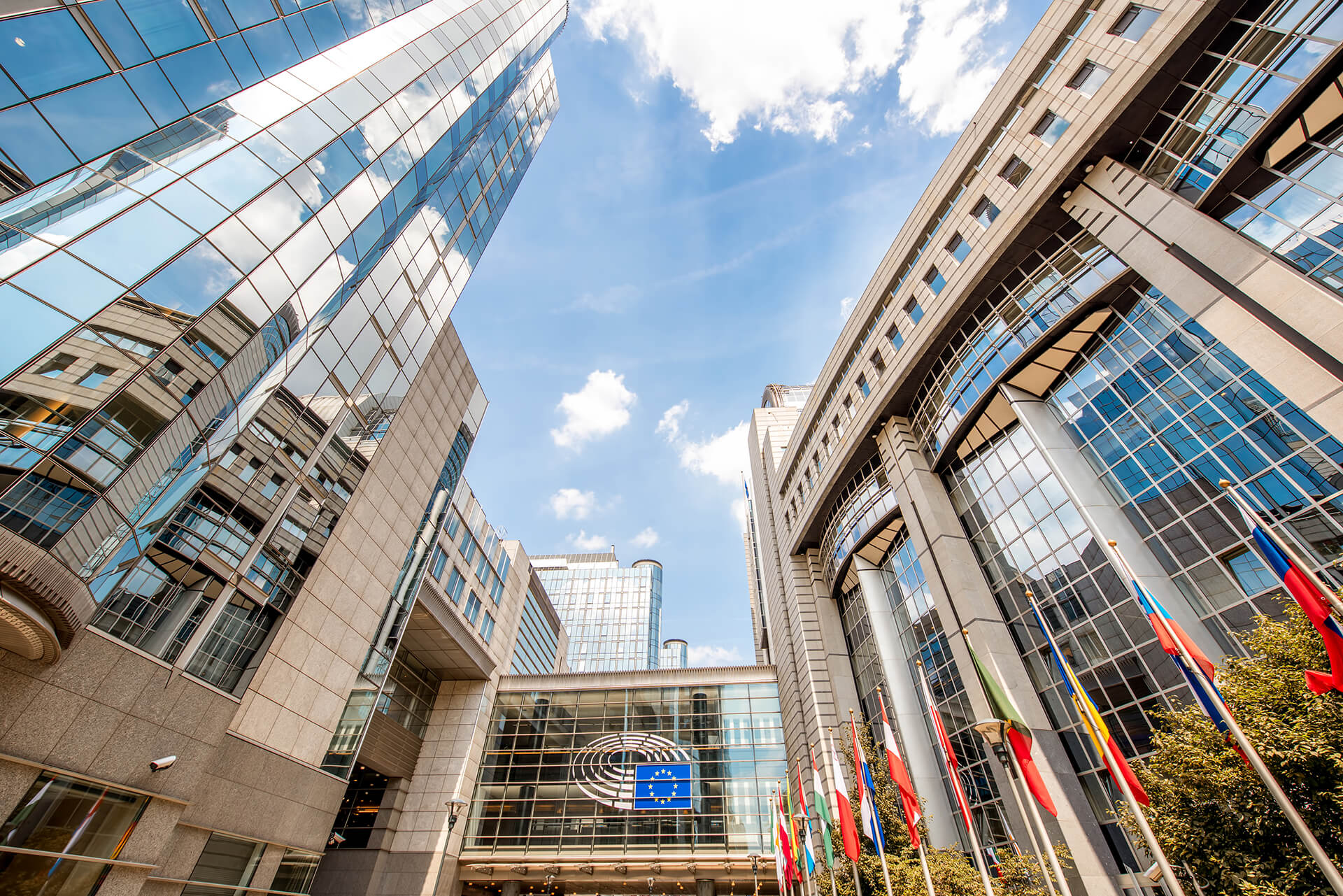Event Marketing Strategies: How to Drive Attendance and Engagement
Planning a successful event is only half the battle. To make it truly impactful, you need a well-executed event marketing strategy that drives attendance and engages your target audience. In this blog post, we will explore effective event marketing strategies to help you maximise event visibility, attract the right attendees, and create a buzz that leaves a lasting impression. Let's dive in!
1. Define Your Target Audience
Understanding your target audience is crucial for effective event marketing. First, define your ideal attendees, including their demographics, interests, and pain points. This knowledge will guide your marketing efforts and enable you to tailor your messaging and promotional activities to resonate with your target audience.
2. Craft a Compelling Event Story
Every event has a story to tell. Craft a compelling narrative around your event that grabs attention and creates a sense of excitement. Highlight the key benefits, unique selling points, and the value attendees will gain by participating. Use storytelling techniques to create an emotional connection and build anticipation.
3. Leverage Multiple Marketing Channels
To reach a wider audience, leverage multiple marketing channels. Utilise social media platforms, email marketing, content marketing, paid advertising, and influencer collaborations. Develop a cohesive marketing plan that integrates various channels, ensuring consistent messaging and brand presence across platforms.
4. Create Engaging Content
Content is king when it comes to event marketing. Create engaging and valuable content that educates, entertains, and sparks curiosity. Develop blog posts, videos, infographics, and downloadable resources related to your event's theme or topics of interest to your target audience. Share this content across your marketing channels to attract and engage potential attendees.
5. Utilise Email Marketing
Email marketing remains a powerful tool for event promotion. Build an email list of interested prospects and create well-crafted email campaigns to generate excitement and drive registrations. Send personalised invitations, provide event updates, and offer exclusive content or incentives to encourage attendance.
6. Foster Social Media Engagement
Social media is a goldmine for event marketing. Create a solid social media presence and engage with your audience regularly. Share event-related updates, behind-the-scenes glimpses, speaker highlights, and user-generated content. Encourage attendees and prospects to participate by using event hashtags, running contests, and hosting live Q&A sessions.
7. Collaborate with Influencers
Partnering with influencers relevant to your industry or event can significantly boost visibility. First, identify influencers with a robust online presence and a following that aligns with your target audience. Then, collaborate on sponsored posts, guest blogs, or live event coverage to leverage their reach and credibility.
8. Offer Early Bird and Referral Incentives
Create a sense of urgency and encourage early registrations by offering early bird discounts or exclusive perks. Implement a referral program to incentivise attendees to bring along friends or colleagues. Reward the referrer and the new attendee, creating a network effect that expands your event's reach.
9. Leverage Event Technology
Embrace event technology to streamline your marketing efforts and enhance attendee engagement. Utilise event registration platforms, mobile apps, and virtual event platforms to provide seamless registration experiences, personalised agendas, networking opportunities, and interactive features that keep attendees engaged before, during, and after the event.
10. Measure, Analyse, and Iterate
Monitor and measure the success of your event marketing efforts. Track key performance indicators (KPIs) such as website traffic, email open rates, social media engagement, and registration numbers. Analyse the data and identify areas of improvement. Use these insights to refine your marketing strategy for future events.

Conclusion
With a well-planned event marketing strategy, you have the power to drive attendance and engagement, making your event a resounding success. By defining your target audience, crafting a compelling event story, leveraging multiple marketing channels, creating engaging content, and utilising email marketing, social media, influencers, and event technology, you can create a buzz that attracts the right attendees and keeps them engaged throughout the event journey.
Remember to measure, analyse, and iterate your marketing efforts, continuously improving and optimising your strategies based on data-driven insights. By staying proactive and adaptive, you can ensure the success of your event marketing initiatives, leading to increased attendance, greater engagement, and, ultimately, unforgettable experiences for your attendees.
Implement these event marketing strategies and watch as your events become the talk of the town, leaving a lasting impact on your audience and setting the stage for future success.
Are you ready to take your event marketing to the next level? Start implementing these strategies today and unlock the potential for exceptional event experiences.
Remember, at haca.studio, we're here to support you in creating extraordinary events. Contact us today to discuss how our event planning expertise can further enhance your marketing efforts.
Happy event marketing!
Read more
Discover more of our journals, a treasure trove of valuable insights, practical tips, and industry trends that will take your events to the next level.



.jpg)
.jpg)

.jpg)









